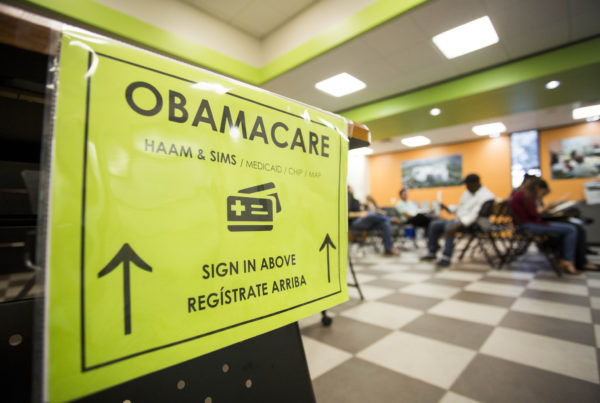A new survey reports that 15 percent of undergraduate women at the University of Texas at Austin say they’ve been raped. The survey, conducted by the university’s School of Social Work’s Institute on Domestic Violence and Sexual Assault, is the most comprehensive of its kind ever done. The survey polled 28,000 students during the 2015 academic year.
At a Texas Senate committee meeting on Thursday, Sen. Joan Huffman (R-Houston) called the results “unacceptable,” “beyond troubling” and “shocking.” Huffman plans to use this information to further support her anti-campus rape bill, says Lauren McGaughy, Austin bureau reporter for the Dallas Morning News.
In the wake of the scandal at Baylor and the conversation that’s taking place nationwide, McGaughy says Huffman isn’t alone in the attempt to crack down on sexual assault on campus.
This session, Sen. Kirk Watson (D-Austin) has promoted similar legislation, but McGaughy says Huffman’s bill is one of the most aggressive she’s seen designed to tackle this issue in Texas.
“It would penalize employees and certain students that don’t report assaults that they hear about,” McGaughy says. “And by penalize, I mean if you don’t report them willfully, you could lose your job or be suspended or expelled.”
Amongst women in the Texas Legislature, McGaughy says this bill has garnered bipartisan support.
“That was a really interesting split to see there because the women, regardless of party, were definitely behind Huffman’s bill,” McGaughy says.
But McGaughy says men from both parties seem to be hesitant about enacting the legislation.
“Republican and Democratic women were very strongly in support of Huffman’s aggressive anti-campus rape bill,” McGaughy says. “But a few of the men on the panel expressed concerns that it wasn’t appropriately addressing the rights of someone who’s accused of rape.”
McGaughy says these results are particularly shocking because of the survey’s slim definition of rape.
“We’re talking about the completion of a sexual act,” McGaughy says. “Either by force or intimidation or during incapacitation.”
Though this information was released prior UT–Austin’s intention to do so, McGaughy says it’s important to recognize the school’s intention to try and solve this problem.
“They knew that numbers were going to be higher than what people thought they were,” she says. “They wanted people to be honest and they wanted to release the numbers, no matter how bad they looked. A lot of places aren’t being honest about it and tackling it in a real way and UT is trying to say ‘Well, what’s the real number?’”
Though McGaughy says Huffman may have to change some elements of the bill in order to see it passed, she says the bill’s bipartisan support gives it a likely chance of becoming law.
Written by Morgan O’Hanlon.

















